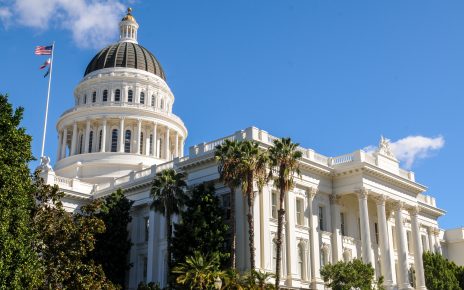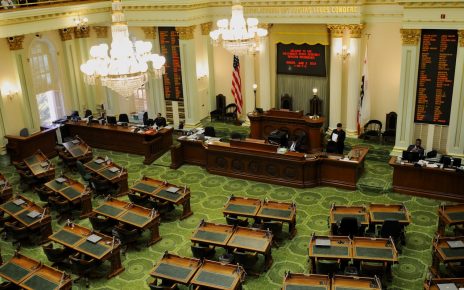Speaking in an Affirmative Voice in Legislation
The California Legislature has taken the approach of changing existing statutes to reflect an affirmative or active voice, rather than a negative voice, in legislation. As a result, the Office of Legislative Counsel is changing statutes to reflect this approach....






